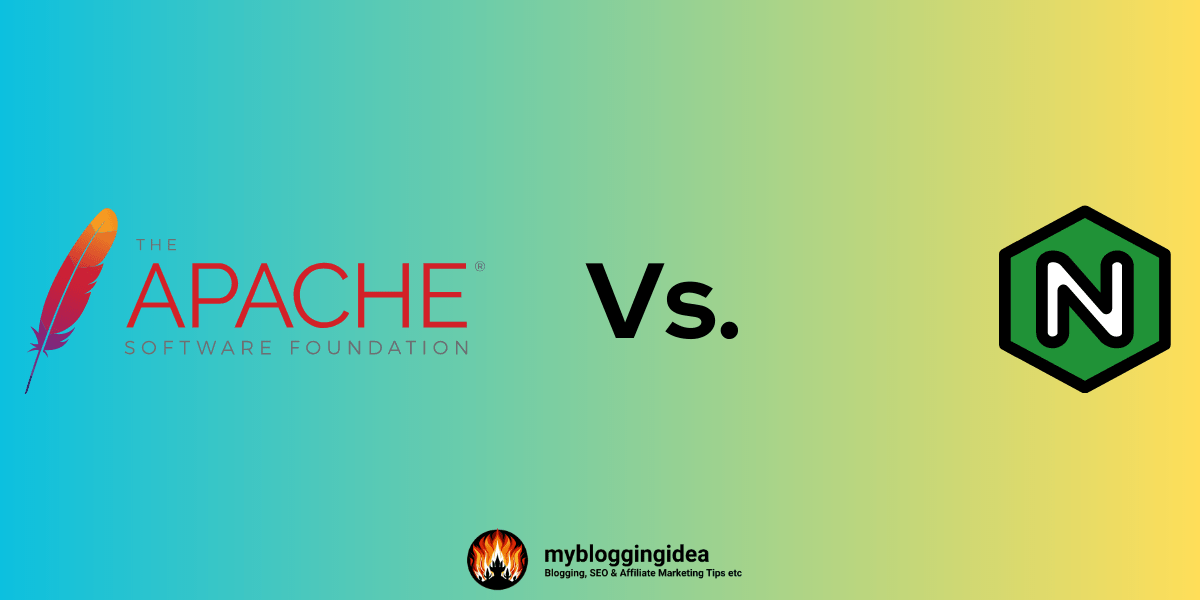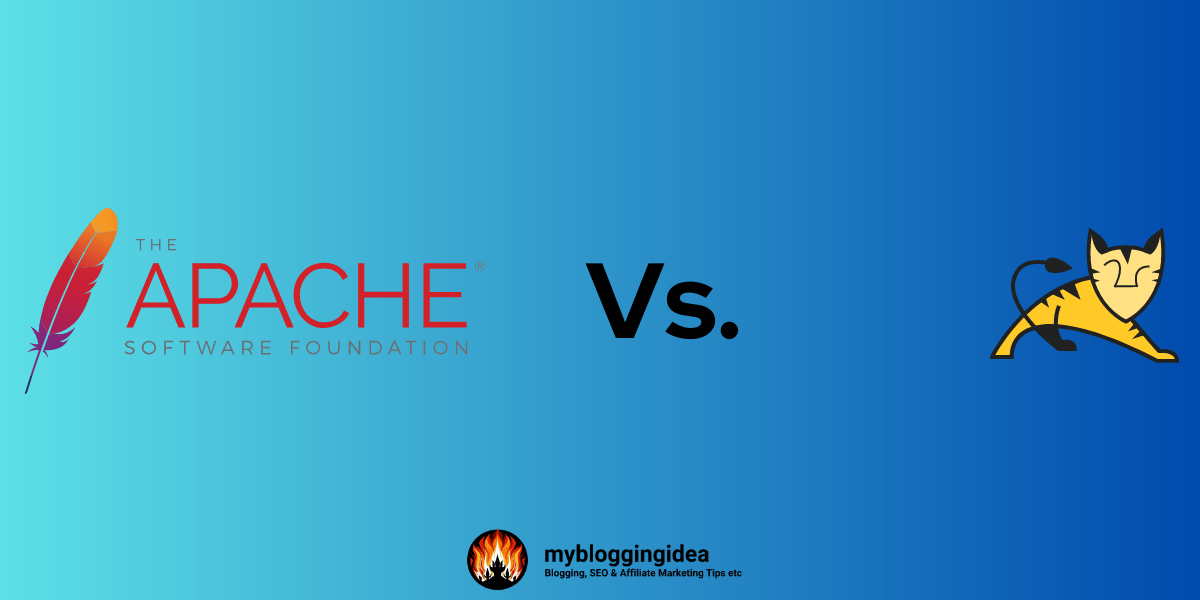Apache is among the go-to web servers for website owners, developers, and even hosting companies, controlling the market share by 33% throughout all websites.
Many hosting company, for instance, the hosting facilities operate on Litespeed, an additional preferred web server. This particular setup substantially enhances the strengths of both web servers, enabling us to serve optimum efficiency for our customers.
What Is Apache?
Apache is a open-source software and completely free that permits customers to host their sites online. It is one of the oldest and the best-favoured webserver applications and is managed by Apache Software Foundation, with the initial release in 1995.
What Is Web Server?
Web server, mail serve, databases web servers , and File servers utilize different kinds and types of software for servers.
All of these applications can access files stored on physical servers and use their functions for various reasons. The function of web servers is to provide websites via the internet. In order to accomplish this goal serves as intermediary between server and the client machines.. It downloads web-based content from the server with each request and makes it available to the internet.
The most incredible difficulty of a web server is to offer various web individuals simultaneously– each of whom is asking for various web pages. Internet servers handle files written in various programming languages like Python, Ja, PHP and many more.
They transform them into static HTML files and offer these data in the web browser for internet users.
If you hear the term web server consider it as the device that is responsible for the regular server-client communications.
How Can Apache Web Server Functions?
While we call Apache a Web Server however, it’s not a physical device but rather an application that runs through the HTTP web server.
Its purpose is to establish the connection between web servers and users’ browsers (Safar, Google Chrome, Firefox and others) as well as supplying files and from the two (client-server design). The Apache software is also compatible with every type of operating system from Unix up to Windows.
If a user is planning to load a webpage on your website, for instance, your home page or the “About Us” page, the browser on their computer sends requests to your server and Apache returns a response containing all the requested files (images and messages etc.).
Both the client and server communicate via the HTTP process and the Apache server will be responsible for the secure and smooth communication between the two machines
Apache is highly personalized, thanks to its open-source framework.
Because of this, users and internet developers can modify their source code to suit the kind of website they’re developing.
In addition, Apache provide many modules that permit administrators of servers to switch additional features on or off.
The Apache server comes with security and safety modules, rewriting links and rewriting links as well as password authentication as well as other functions.
To set up Apache, you’ll require to access .htaccess. This Apache setup file is supported by all hostings company plans.
Apache HTTP Web Server Vs. Other Web Servers
Close to the Apache web server, there are several various other prominent options.
Every internet server app was designed for various purposes. In spite of the fact that Apache server happens to be the most widely utilized, it comes with a variety of options and competitors.
Apache Vs. NGINX

Nginx is also called Engine-X. It is a free, open-source software. In comparison to Apache it’s an additional current intnet server application that was launched in 2004.
Nginx was developed to address the supposed c10k issues, which means that a website server that relies on threads to handle the demands of users is not able to handle more than 10,000 concurrent connections simultaneously.
Because Apache utilizes the thread-based framework, the owners of sites that are highly trafficked may encounter issues with performance.
Nginx is only one among the servers to address the issue of c10k and is most likely the most effective. Nginx is an event-driven design that doesn’t create a new procedure for every request.
In contrast, it manages every request that comes in on one thread. This master procedure control multiple worker processes that take care of the actual processing of queries. The model based on events of Nginx is a distributed system that distributes requests among workers in a streamlined way, it is much more scalable.
If you need to manage a site with high traffic, Nginx is a good alternative, because it is able to accomplish this by using a minimal amount of resources. It’s certainly not an accident that it’s being used by a variety of high-visibility websites, like Pinterest, Pinterest, Hulu, and Netflix along with Airbnb.
However, for smaller or medium-sized gamers, Apache comes with a number of advantages over Nginx for example, its simplicity of configuration, huge range of components, as well as an easy-to-use environment for newbies.
Apache vs. Tomcat

Tomcat is a prominent web server likewise developed by the Apache Software Foundation. Hence its official name is Apache Tomcat. Just like to Apache, Tomcat is an HTTP server. Nonetheless, its core functionality powers Java applications instead of static websites. Tomcat may run a variety of various Java requirements, including WebSocket, Java EL, Java Servlet and JavaServer Pages (JSP).
Tomcat has been developed mainly for serving dynamic web content that runs on Java applications, while Apache is a general-purpose HTTP web server. You can utilize Apache and different program languages (Perl, PHP, and Python, etc.) with the help of suitable Apache components (mod_php, mod_python, mod_perl, etc.).
Although you can make use of a Tomcat server to serve static websites also, it’s much less reliable for that objective compared to the Apache server. For example, Tomcat pre-loads the Java Virtual machine and other Java-related libraries you won’t rerquire on many websites.
Tomcat is also less configurable compared to another web servers. For example, to run WordPress, the best selection is a general-purpose HTTP web server such as Apache or NGINX.
Apache Pros and Cons
An Apache web server can be an exceptional choice for running your website on a stable and functional platform. However, it likewise includes some disadvantages you require to take note of.
Pros:
- Open-source and free, even for business use.
- Trustworthy, stable software.
- Frequently updated protection patches.
- Flexible because of its module-based structure.
- Easy to configure, beginner-friendly.
- Cross-platform (deals with both Unix and also Windows servers).
- Optimal deliverability for fixed files and compatibility with any type programming language (Python, PHP, and so on).
- Works out of the box with WordPress websites.
- Extensive community and also quickly readily available support in case of any problem.
Cons:
- Efficiency problems on very traffic-heavy websites.
- Way too many configuration options can cause safety vulnerabilities.
So, What Is Apache?
The most well-known Web servers is Apache lets you run a safe and secure website with no hassles.
It’s open-source and free, which makes it a popular choice of small-scale businesses and solopreneurs who need to establish themselves online.
The way that the Apache HTTP server works is that it takes requests from web browsers like Google Chrome and Microsoft Edge and transform scripts written in programming into web pages whose content are accessible to users of the site.
You may configure a WordPress site on an Apache server without customization.
In addition, the Apache server is compatible with a variety of other CMS systems (Drup, Joomla, and others) and web-based frameworks (Laravel and Django and etc. ) as well as programming languages.
It is an ideal choice for any hosting platforms, like shared and VPS hosting .
Hopefully, this article offers all the responses you need to know regarding what Apache is. Comment below if there are any concerns regarding this server!
I am a professional Blogger, SEO Expert and Affiliate Martketer. I shared my idea and thoughts about blogging etc.




